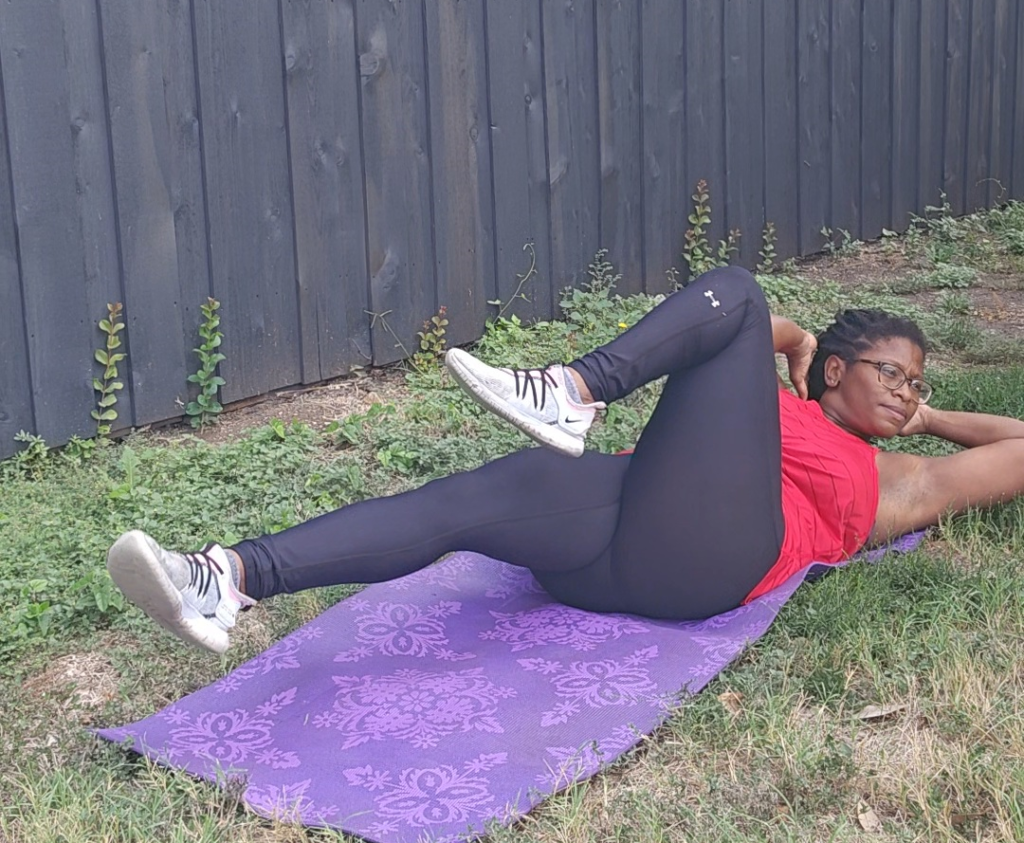When people talk about fitness, the focus often shifts to toned arms, sculpted legs, or a lean physique. While these aspects are important, there is one muscle group that often doesn’t get enough attention: the core. Core strength is essential not only for athletic performance but also for maintaining proper posture, preventing injuries, and ensuring overall body stability.
What is the Core?
The term “core” doesn’t just refer to the abdominal muscles. The core includes a wide range of muscles, such as the rectus abdominis (commonly known as the “six-pack” muscles), the transverse abdominis, the internal and external obliques, the pelvic floor muscles, and even the muscles of the lower back and hips. Together, these muscles form a powerhouse that stabilizes the body.
Grab your mat and perform the workout in the video below.
Core Strength Benefits
Improved Posture and Balance
The core muscles play a critical role in supporting the spine and maintaining proper posture. Whether sitting, standing, or walking, a strong core ensures that your body stays upright and balanced. Poor posture, which can lead to back pain, stiffness, and even chronic conditions, is often the result of weak core muscles. Strengthening your core can help reduce slouching and correct postural imbalances, leading to better spinal alignment and overall stability.
Injury Prevention
Core strength is essential for protecting the body during physical activities, especially those that involve sudden movements, heavy lifting, or intense exercise. The core acts as a stabilizer for the entire body, reducing the risk of strains and injuries. A strong core helps distribute forces more evenly during movement, which decreases the chances of overloading specific muscles or joints. This is especially important for athletes, but also for anyone who engages in daily tasks like lifting objects or even bending over.
Enhanced Athletic Performance
For athletes, core strength is a game-changer. Whether you’re running, swimming, cycling, or playing sports like tennis or basketball, a strong core helps improve efficiency and power. The core connects the upper and lower body, allowing for better transfer of energy and coordination. In many sports, movements originate from or pass through the core, and the ability to stabilize your midsection while generating force can drastically improve your performance.
Better Functional Movement
Everyday movements like bending, twisting, reaching, or even sitting require core strength. A weak core can limit your ability to perform basic tasks and increase the risk of discomfort or injury during everyday activities. By strengthening your core, you’ll enhance your ability to move efficiently and comfortably through a wide range of activities.
Reduced Back Pain
Lower back pain is one of the most common ailments affecting people, often resulting from poor posture or a weak core. Strengthening the muscles in your abdomen, hips, and lower back can help prevent and alleviate lower back pain by distributing pressure more evenly and enhancing spinal support.
Enhanced Breathing
The diaphragm, a key muscle involved in breathing, is closely connected to the core muscles. A strong core allows for better diaphragmatic breathing, which improves oxygen intake and overall lung capacity. This is particularly beneficial during exercise, helping to increase endurance and reduce fatigue.
